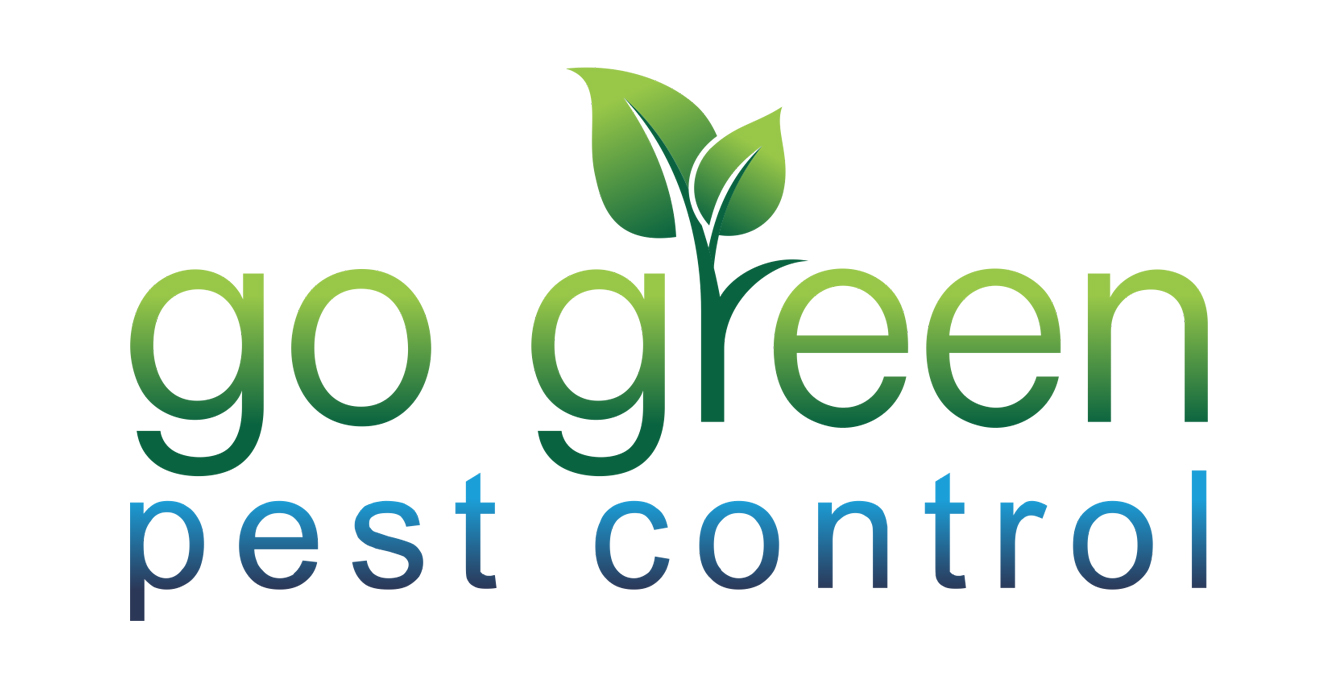Neonicotinoids 101
Neonicotinoids, what are they and what do they do? Neonicotinoids are systemic insecticides used to kill various insects including aphids, greenfly, blackfly, weevils and root-feeding grubs. The neonicotinoid family include such insecticides as acetamiprid, clothianidin, imidacloprid, nitenpyram, nithiazine, thiacloprid and thiamethoxam, many of which can be found in your home garden insecticide sprays. Systemic insecticides once sprayed on a plant are absorbed and spread throughout the plant from flowers to roots. The advantage of these insecticides is that the pests that feed on any part of the plant will consume the neonicotinoids, which then kills them. The disadvantage is that beneficial insects also will feed on these plants, resulting in the death of insects that pollinate and fertilise plants in and around the sprayed fields. Therefore there are less pollinating insects that provide much of our food either directly in the form of seeds, leaves, shoots and roots or ultimately in the form of the animals, fish and birds which we eat and which have depend on the seeds, leaves, shoots and roots of plants for their food. A 25 year study has revealed that the insect populations has dropped 75% in the total insect population in all the world.
gogreenpestcontrol.ca Ladner Tsawwassen Delta B.C. Randy Bilesky
https://www.linkedin.com/pulse/neonicotinoids-101-randy-bilesky/?published=t
http://www.delta-optimist.com/opinion/blogs/blog-neonicotinoids-101-1.23106389


